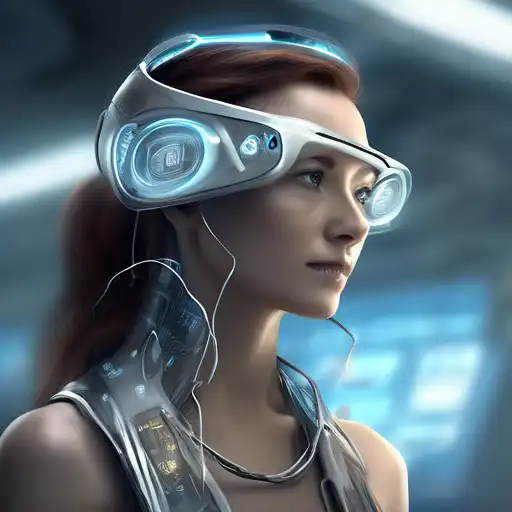The Evolution of Wearable Technology
Wearable technology has come a long way from the first pedometers and heart rate monitors. Today, it encompasses a wide range of devices designed to enhance our daily lives, from smartwatches that keep us connected to fitness trackers that monitor our health metrics in real time. The future of wearable technology promises even more integration into our lives, making the devices more intuitive, helpful, and less intrusive.
Health Monitoring at Its Finest
One of the most significant areas of growth in wearable technology is in health monitoring. Future devices are expected to go beyond counting steps and monitoring heart rates. Innovations in sensor technology could allow wearables to detect early signs of diseases such as diabetes or even predict heart attacks before they happen. This could revolutionize preventive healthcare, making it more accessible and personalized.
Seamless Integration with Daily Life
The next generation of wearable technology aims to blend seamlessly with our daily routines. Imagine smart clothing that adjusts its temperature based on the weather or augmented reality glasses that provide real-time information about your surroundings without the need to pull out a smartphone. The key to this seamless integration is making the technology as unobtrusive as possible, ensuring that it enhances rather than disrupts our daily lives.
Enhanced Connectivity and Smart Ecosystems
As the Internet of Things (IoT) continues to expand, wearable devices will play a crucial role in connecting various aspects of our smart homes and cities. Future wearables could act as universal remote controls for our environments, adjusting lighting, temperature, and even ordering groceries based on our preferences and habits. This level of connectivity will make our lives more convenient and efficient.
Challenges and Considerations
Despite the exciting possibilities, the future of wearable technology also presents challenges. Privacy and data security are major concerns, as these devices collect vast amounts of personal information. Additionally, there's the issue of battery life and ensuring that devices can keep up with the demands of advanced features without frequent recharging. Addressing these challenges will be crucial for the widespread adoption of next-generation wearables.
In conclusion, the future of wearable technology is bright, with innovations that promise to enhance our health, integrate seamlessly into our lives, and connect us more deeply with the world around us. As we look forward to these advancements, it's also important to consider the challenges they bring, ensuring that the technology develops in a way that benefits everyone.
